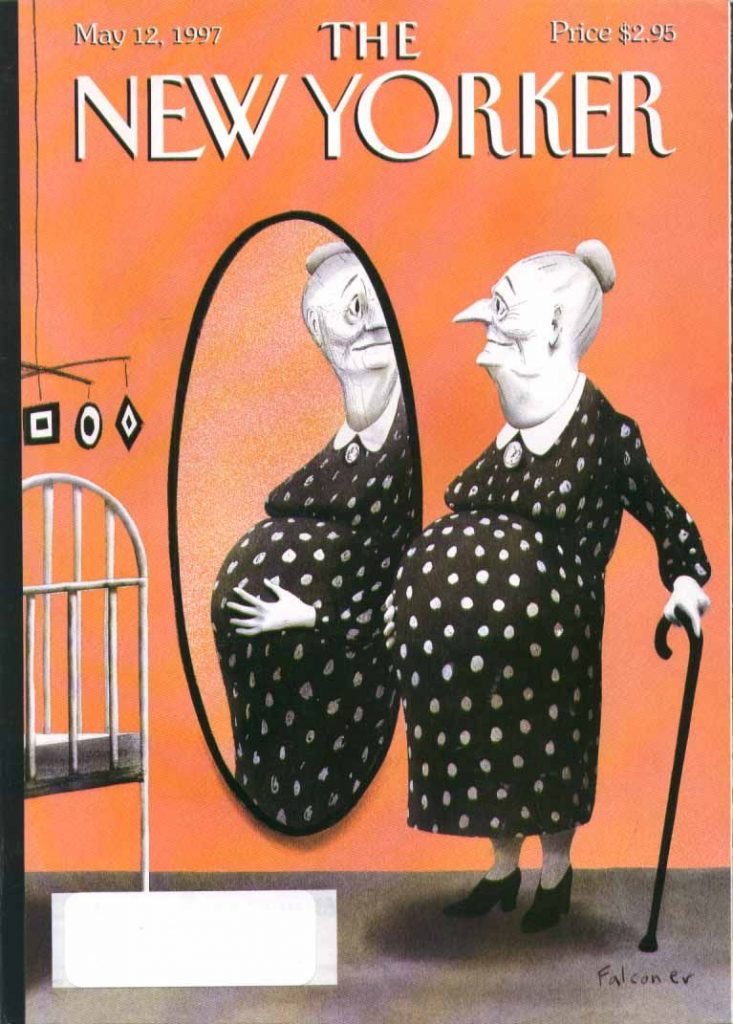Dr. Jenna Healey, “Postmenopausal Pregnancy: A History of Fertility Extension Technologies”
Online Event
24/04/2024, 4:00 pm - TO 24/04/2024 - 5:30 pm
Organizer: McMaster University
 McMaster logo
McMaster logo

Online Event
24/04/2024, 4:00 pm - TO 24/04/2024 - 5:30 pm
Organizer: McMaster University
After registering, you will receive a confirmation email containing information about joining the meeting.
Description of talk:
In the years following the birth of American’s first baby via in vitro fertilization (IVF) in 1981, patient demand for the technology far outstripped available resources. Clinics could be selective about the patients they admitted, and this meant that all women over the age of thirty-five were excluded. Fertility experts agreed that older women were not ideal candidates for the procedure, as the technique did little to ameliorate age-related decline in ovarian function. And yet, by the end of the decade, just over half of all IVF cycles were performed on women over the age of thirty-five; today, that number is over sixty percent.
This talk traces the rise of IVF as a technology for the so-called “older women,” arguing that the fertility clinic became a central site in the battle against the biological clock. The decision to expand the indications for IVF was both scientific and economic: researchers wanted to test the limits of human fertility, while shareholders wanted to test the limits of their bank accounts. In the early 1990s, the introduction of oocyte donation as an IVF “add-on” made the treatment of age-related infertility a real possibility. Soon, women in their fifties and sixties were seeking fertility treatment, sparking a backlash in the media that revealed an intense discomfort with the idea of postmenopausal motherhood.
Speaker Bio:
Jenna Healey is an Assistant Professor of History and the Hannah Chair in the History of Medicine at Queen’s University. She received her PhD from the Program in the History of Science and Medicine at Yale University. Her research focuses on the intersection of gender, technology, and reproduction, especially as it pertains to age. She has recently completed a manuscript on the history of the so-called “biological clock.” At Queen’s, she is responsible for integrating history and the humanities into the undergraduate medical curriculum.
Co-Sponsors for the talk:
Midwifery Education Program, Faculty of Health Sciences
Department of Family Medicine
Department of Religious Studies
The History of Medicine and Medical Humanities Speaker Series is made possible by an endowment from Associated Medical Services (AMS). For more information, please contact the Hannah Chair in the History of Medicine, Ellen Amster, amstere@mcmaster.ca